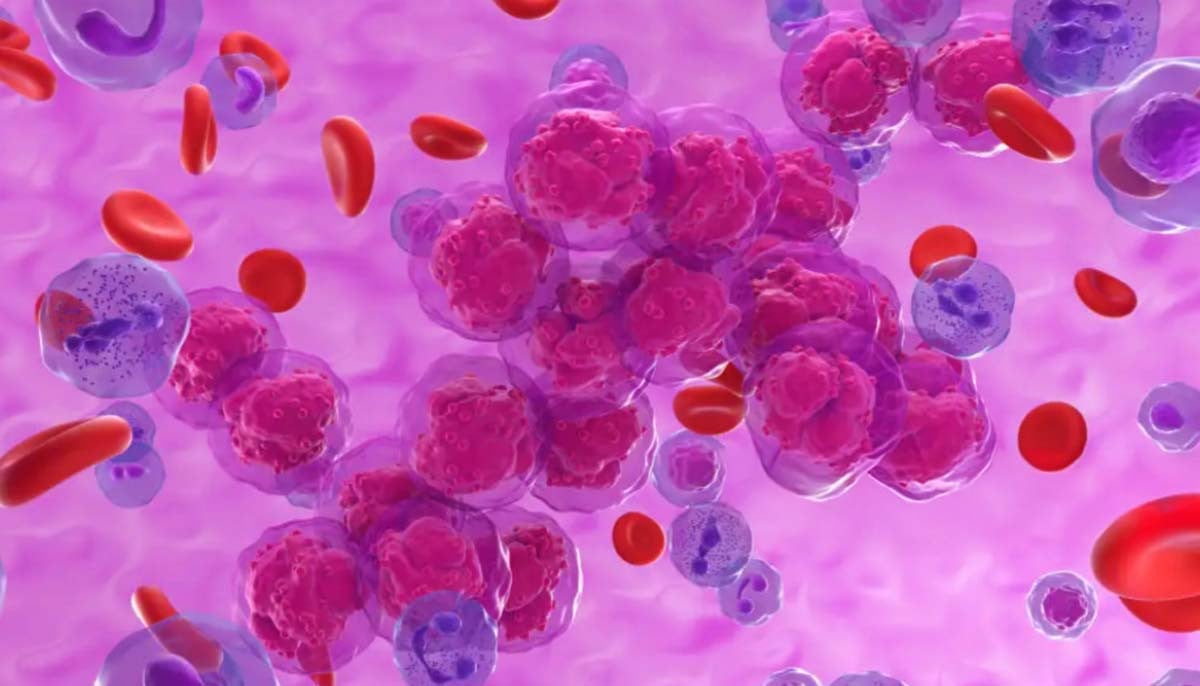A recent study has shown that women experience elevated feelings of anger as they get older, but are less inclined to express them outside.
This research, published in the Menopause magazine, suggests that Midlife is an important shift in emotional regulation in women, the Wall Street Journal reported.
The study analyzed data from 271 participants of the Seattle Midlife Women’s Health Study, aimed at women aged 35 to 55 who were still menstruated. The average participant was around 41.6 years old when the research started in the early nineties, typically well -trained, working, married and of a median income.
In particular, while “state rage” increased with age, the outer expression decreased. This suggests that as women grow up, they develop more control over how they respond to angry feelings, Wsj reported.
Moreover, the study gave a peak in anger during the late reproductive stage of women’s life. But when these women approached the menopause, they expressed their anger less often and with reduced aggression or hostility.
Interestingly, only one degree of anger-“anger suppressed”-no clear link by age showed, which gave rise to further questions about the long-term effects of bottling emotions.
The researchers of the study propose that anger can play a crucial role during the Midlife.
They assume that repeated experiences with anger as women in the neighborhood of menopause can lead to improved emotional regulation and a greater ability to manage their anger as the transition from the menopause progresses.
“The mental health side of the transition from menopause can have a significant effect on the personal and professional life of a woman,” says Monica Christmas, the Associate Medical Director of the Menopause Society, in a press release.
“Training women about the possibility of mood changes during these vulnerable windows and actively managing symptoms can have an in -depth effect on the overall quality of life and health.”






